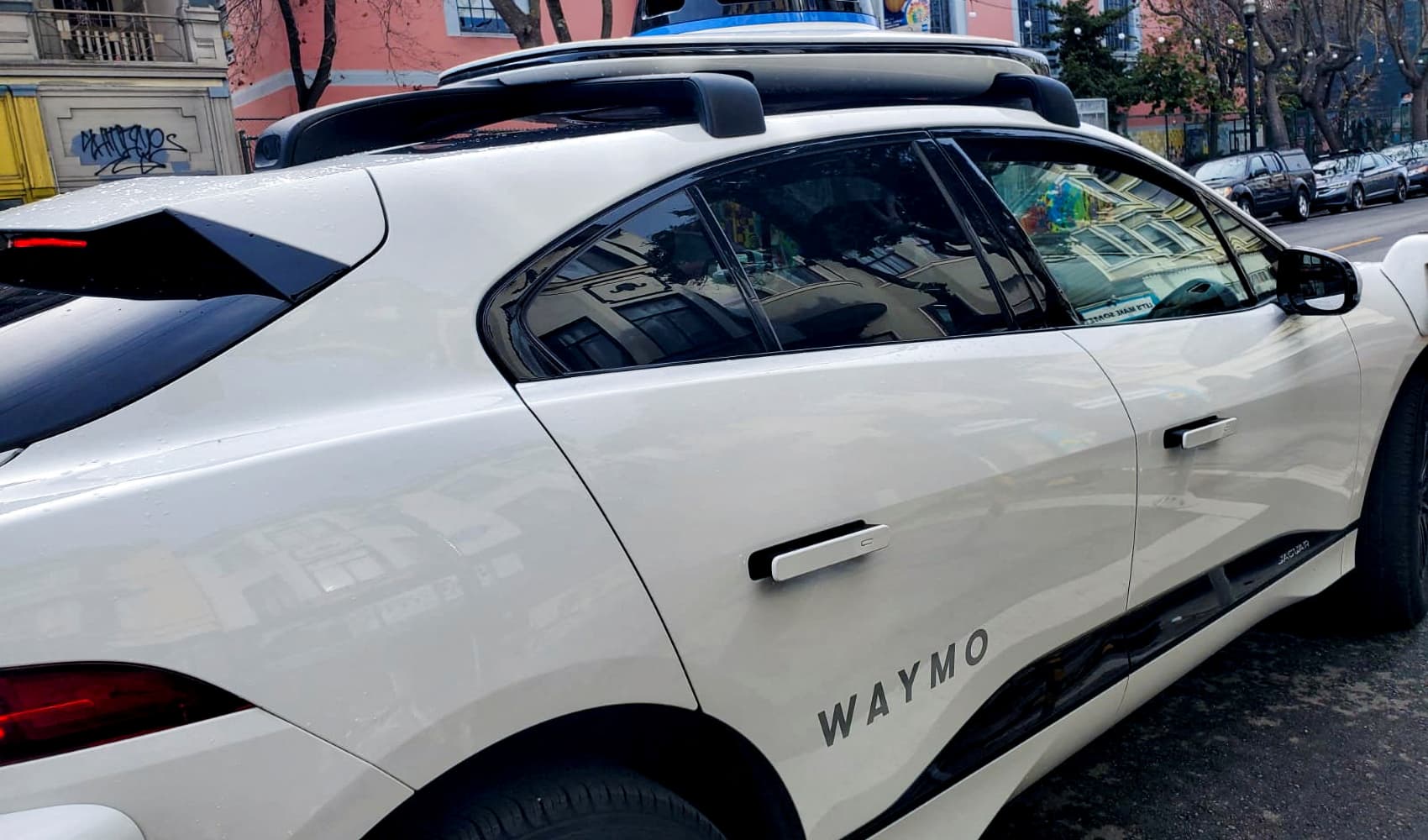
More couples than ever before, 87%, reported including cash funds in their wedding registry, according to recent data from Zola. Of couples collecting cash, 37% are putting that money toward purchasing a house.
With today's housing market, it's clear why couples are funneling wedding gifts into a down payment.
Homebuying has become increasingly out of reach for young Americans. Mortgage rates have doubled since 2022 and a housing shortage has driven the median home price to $412,300 — that's 40% higher than it was in 1990, adjusting for inflation.
If you're coming into a substantial financial windfall due to a wedding, or any other scenario, here's the best place to stash your potential down payment cash.
Don't invest your down payment money
Those looking to buy a house in the next three to five years shouldn't invest it, says Douglas Boneparth, a New York City-based CFP, president of Bone Fide Wealth and co-author of The Millennial Money Fix.
"There's not enough time to let the market do it's thing to assume that risk," he says. "No one wants to get to the end of a short period of time and have less money than they need for their goal."
Money Report
Instead, he suggests using a high-yield savings account. Right now, annual percentage yield is around 5%.
Another options is government bonds, says Mark La Spisa, a certified financial planner and president of Vermilion Financial. This is a debt issued by the U.S. government to support spending and is considered low-risk.
Feeling out of the loop? We'll catch you up on the Chicago news you need to know. Sign up for the weekly> Chicago Catch-Up newsletter.
"If a client of mine walked in with $30,000 of wedding money, I would say, 'Let's buy you a bond,'" he says. "If you expect to buy something in three years let's get you a three-year bond."
And, unlike with a high-yield savings accounts, the price of a bond increases when interest rates decrease. "If interest rates are cut, the value of the bond will go up," he says.
Get creative with your savings
Setting up automatic transfers can help you stay on track when budgeting for a home.
A good rule-of-thumb when figuring out how much money to put toward your savings goal is the 50/20/30 rule. This calls for allocating 50% of your taxable income to nonnegotiable living expenses, such as housing and transportation, 30% to unnecessary purchases like travel or shopping, and 20% to savings goals, such as retirement or a down payment.
Any extra income should also flow into your savings account. This includes tax refunds, birthday gifts, or work bonuses. And, while it might be tempting to use your wedding cash funds to splurge on a honeymoon, a smarter move might be to sock it away for your new home.
Want to master your money this fall? Sign up for CNBC's new online course. We'll teach you practical strategies to hack your budget, reduce your debt, and grow your wealth. Start today to feel more confident and successful. Use code EARLYBIRD for an introductory discount of 30% off, now extended through September 30, 2024, for the back-to-school season.
Plus, sign up for CNBC Make It's newsletter to get tips and tricks for success at work, with money and in life.






